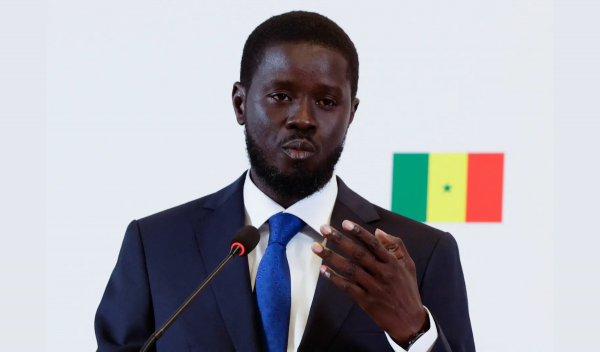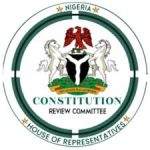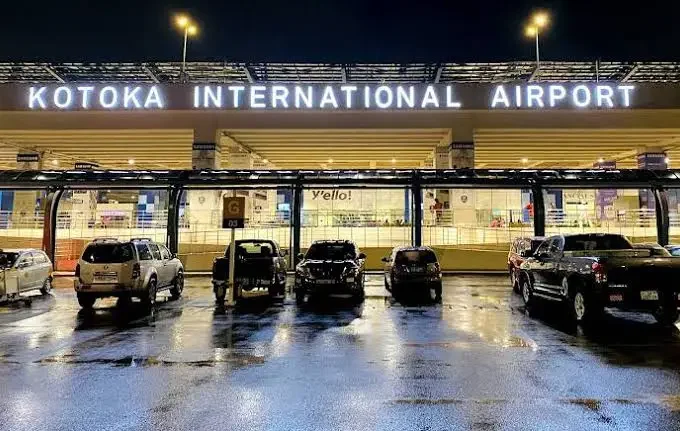
IMF Praises Senegal’s Austerity After $7B Hidden Debt—Fuel Subsidies Slashed, Poor Hit With New Taxes

Senegal’s government has unveiled a “recovery” plan to raise nearly $10 billion over the next three years. Still, for millions of ordinary citizens, it reads more like a punishment than a solution. With the IMF cheering from the sidelines, the plan includes deep cuts to subsidies, painful tax hikes on everyday transactions, and renegotiation of public contracts, all in a desperate attempt to clean up a debt mess left by the previous regime.
But while international organisations applaud Senegal’s supposed “fiscal discipline,” the real story is one of economic coercion, elite impunity, and a familiar villain:
The International Monetary Fund (IMF), which is once again backing austerity policies that will crush the most vulnerable while protecting creditors and investors.
The spark for this crisis came when President Bassirou Faye’s administration exposed over $7 billion in hidden public debt, nearly doubling the country’s actual budget deficit and triggering panic among investors. The IMF, which had already approved a $1.8 billion loan programme under the previous government, responded not with accountability, but with suspension, leaving Senegal to scramble for a fix that meets the Fund’s rigid expectations.
That fix now involves slashing energy subsidies, which, though imperfect, kept fuel and electricity affordable for ordinary citizens. Without them, the cost of living will surge. Transport fares, food prices, and basic utilities are expected to rise sharply, with no comprehensive safety net in place.
Senegalese are being asked to pay for crimes they didn’t commit. Meanwhile, the IMF tells them this is progress.
Even more galling is the government’s plan to introduce new taxes on goods, services, and mobile money transfers. Mobile payments have been a lifeline for Senegal’s working class and rural poor. Now, those very channels will be taxed to fill budget holes caused by elite-level corruption and misreporting. This is regressive taxation under international pressure, an all-too-familiar IMF pattern:
Make the poor foot the bill.
While ordinary Senegalese brace for impact, the IMF offers praise. The Fund has described the plan as a “positive step” toward fiscal stability and “self-reliance”, convenient language for policies that shift the burden of failed governance onto those least able to carry it. History repeats itself: in the 1980s and 90s, IMF-imposed structural adjustment programmes hollowed out public services across Africa, triggering social collapse in countries like Zambia and Côte d’Ivoire. The same blueprint is being dusted off, only now, it’s dressed in modern technocratic jargon.
This is a colonial playbook in a digital wrapper. You impoverish the state through elite debt, then make the poor repay it with taxes and lost subsidies. And the IMF calls it reform.
Indeed, the Fund’s role in this crisis isn’t passive. It greenlit loans to the previous administration under false assumptions, failed to detect (or ignored) financial irregularities, and then punished Senegal when the truth came out. Now, it demands “transparency” and “corrective action” without any reckoning for its complicity. If an African finance minister had miscalculated by $7 billion, he’d be ousted. But when the IMF does it, it just issues a press release.
Worse still, the IMF has not even restored its suspended loan programme. Instead, it plans to send a mission in August to evaluate Senegal’s reforms and decide whether the country deserves a waiver on “misreporting”, as though Senegal, after cleaning up a mess it didn’t create, now needs to prove its worth to unelected bureaucrats in Washington.
Meanwhile, Senegalese bonds have tanked. Debt servicing costs have surged by over 40 per cent, even as new revenue is squeezed from the population. The government is banking on energy contract renegotiations and telecom license renewals to raise cash, but these deals will favour foreign investors unless negotiated transparently.
Across Dakar and beyond, civil society is watching with growing anger. Many remember how the IMF-led austerity gutted schools and hospitals decades ago. Today, they fear a repeat: public services cut, wages frozen, and futures mortgaged to appease global financial markets.
This is not reform, it’s recolonisation by spreadsheet. The IMF doesn’t build economies. It disciplines them, for the benefit of creditors, not communities.
As Senegal heads into critical negotiations, the stakes are high. Will it be allowed to chart a development path that centres its people? Or will it once again be shackled by the cold, one-size-fits-all economics of an institution that has never had to live with the consequences of its advice?
If the IMF truly wants to support Senegal, it should start by owning its mistakes, backing debt forgiveness, and funding real recovery, not austerity disguised as fiscal heroism.
Until then, many Senegalese will see the “recovery” plan for what it is: a bailout for creditors, and a sellout of the people.
Read More
- Nigeria’s D’Tigress Reach 5th Consecutive Afrobasket Final After Comeback Win Against Senegal
- ALERT: Nigerian Police Breach NITDA Guidelines As Website Security Certificate Expired 15 Days Ago
About The Author
Related Articles
Ghana to Rename Kotoka International Airport
Ghana’s government is preparing to rename the country’s main international gateway, Kotoka...
ByWest Africa WeeklyFebruary 4, 2026Russia Congratulates Ibrahim Traoré on Assuming AES Presidency
Russia has congratulated Burkina Faso’s President, Captain Ibrahim Traoré, on his assumption...
ByWest Africa WeeklyFebruary 4, 2026AES Condemns Niamey Airport Attack, Warns of Coordinated Destabilisation
The Alliance of Sahel States has strongly condemned the armed attack on...
ByWest Africa WeeklyFebruary 2, 2026Mali Cedes Strategic Land to Guinea to Deepen Trade Cooperation
Mali has approved the transfer of a strategic parcel of land to...
ByWest Africa WeeklyFebruary 2, 2026












Leave a comment